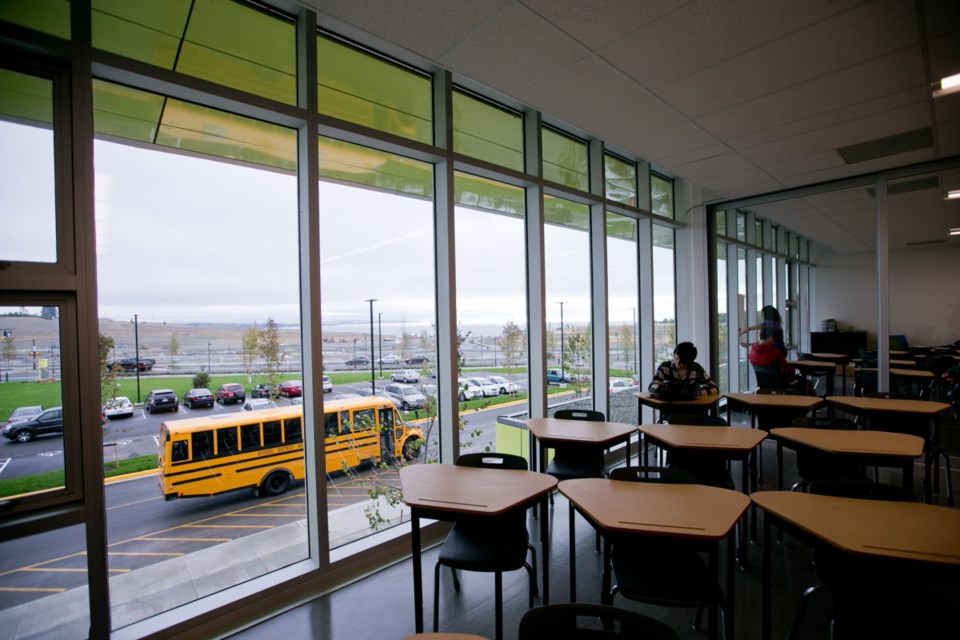It is widely know that Finland’s education system consistently scores near the top in international assessments. In every survey since 2000, it has gone neck-and-neck in literacy, math and science with super achievers Japan and Singapore.
Canada, no slouch either, scored seventh out of 69 countries in the 2015 assessment.
Why? Is it that all teachers in Finland have a graduate degree? Is it the absence of the North American obsession with standardized testing? Or is it that schools are funded based on need, so the most-struggling schools get the most resources?
Organizationally, Finnish and Japan’s education systems could not be less alike. But there is one essential quality both cultures share — both have great pride in their school systems and have cultures that emphasize the value of education.
Is that the secret of success for the education systems in those very diverse cultures? Well, yes and no.
Let’s begin with Finland, where a relatively small, mostly homogeneous population of 5.4 million clearly regards good education and skills as important prerequisites for finding a job. Eighty-seven per cent of adults aged 25 to 64 have completed upper secondary education, higher than the OECD average of 76 per cent. They take education seriously in Finland but, looking deeper, we need to know what that means and how it translates into student success.
The Finns are provided with health care, high quality child care and generous paid maternity leave. Child-care providers must be university trained.
A Finnish law with far-reaching effects was the 1973 Child Day Care Act, which stipulated that all local governments were to provide good child daycare for all families who desired it.
Despite sometimes being labelled a “welfare state” (a label Finland does not deny) it is clear that, from a policy perspective, the Finns have a strong belief in supporting families, and the part they play in a child’s education. Education is free, including university.
After more than a decade of research into Finland’s education system, many writers have come to the conclusion that there is little our own institutions can do to improve education through fiddling with curriculum, school organization and hours of instruction, especially for underachievers. They conclude that the root of Finland’s success lies in that country’s cultural commitment to education, which finds daily expression in the family environment.
Educators have long known what it is not politically correct to admit in our culture — students who do best in school are the ones who have parents who are committed to and involved in their education. Families that support the notion they are significant factors in a child’s growth and development inevitably create cognitively stimulating home environments.
In both Japan and Finland, there is a culture of belief in the value of education that, again, finding its expression in the family, is probably is the strongest influence on those international assessment results.
Unfortunately, in our culture, the role of families struggles to be recognized as significant, both politically and in terms of public policy — at least, beyond the level of words.
Looking back, it was probably not diplomatic on my part, when certain parents came to me complaining that the school system was failing their kids, that, while I’d agree to look into their specific concerns, I would also explain that we had the child in school only for 51Ú2 hours for 190 days each year. What is happening with them, I would ask, for the rest of the time?
Most studies about parent involvement reveal that parents who are more actively involved in the education process have children who are experiencing success at school, and that the family is the most crucial partner when it comes to attitudes to learning.
For a family to be focused on what and how the child is actually doing at school is essential. None of that requires “dogging” the child every day to the point that the child shies away from even talking about school.
It does require an understanding by families and government that five or so hours of classroom time for part of the year is not the be-all and end-all of a child’s education. Not by any means.
Geoff Johnson is a former superintendent of schools.



